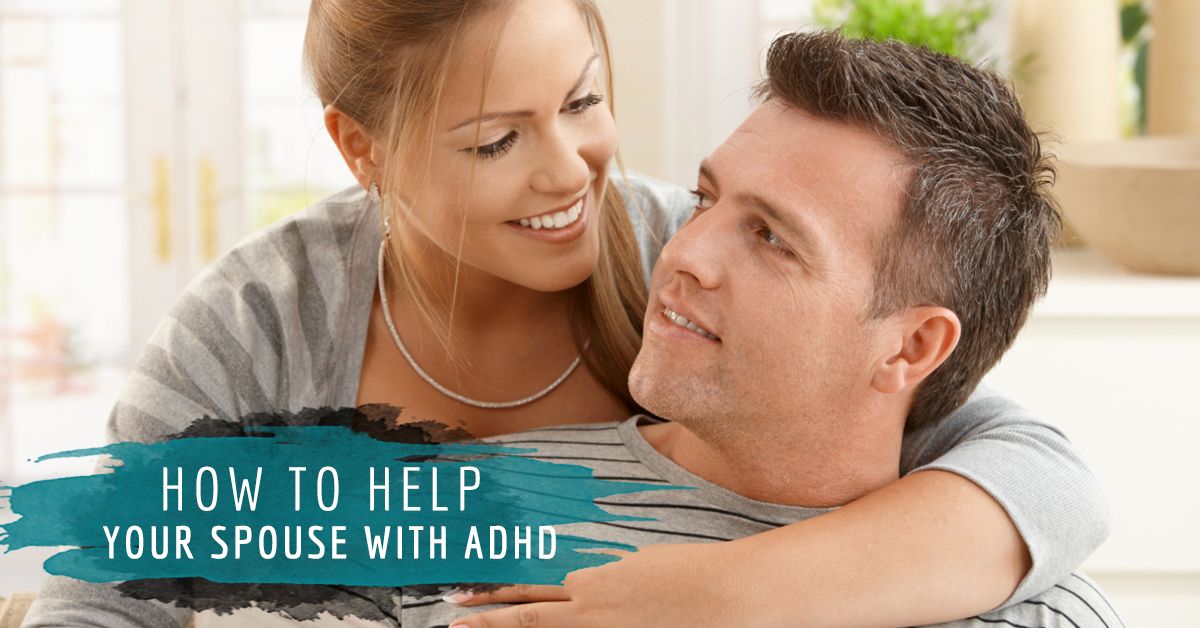You love your partner with ADHD. When you first started dating, it was exciting to be with someone so spontaneous, active, and outgoing. You may have thought very little about their ADHD because it didn’t stop them from being an exciting and loving partner. Yet once the honeymoon period was over and you started to build a life together, problems began to pop up. Maybe your spouse needs to follow a regimented routine to remember everything they have to do, and they become extremely stressed when you have to stray from it. Maybe they become so immersed with tasks that you are always late to every social event. It could be that they never seem to hear you when you ask them to do something. Regardless of the specific situation, while it’s easy to love your spouse with ADHD, it isn’t always easy to live with them. The symptoms of ADHD often interfere with daily living, and when you spend every day with someone, you’re bound to be impacted by their quirks. That being said, there are ways to make both of your lives easier—it just takes some empathy and proactive communication.

How To Help Your Spouse With ADHD
Getting Their Attention
Raise your hand if this has ever happened to you: you ask your spouse if they will do the dishes, and they agree. Four hours later, the dirty dishes still pile up in the sink. This can be an incredibly frustrating experience because it feels like your spouse is actively ignoring you, but this is not the case. People with ADHD struggle with focus, so if they are completely immersed in something, they didn’t truly hear you. To deal with this in the future, if you have something you need your partner with ADHD to do, make sure you have their full attention before you ask. Touch their arm, make eye contact, and wait for them to respond. There is a chance that they will still need a reminder later, but approaching them in a way that fully engages them increases the chances that they will remember to wash the dishes.
The key is to approach with empathy. This is not something your spouse does intentionally—it’s just how they’re wired. Avoid being condescending. Learn what you can about ADHD and attention so you can understand where they are coming from, and accommodate accordingly. If you are feeling frustrated, talk to your spouse about what they can do to help deal with this issue. While they can’t help that they have ADHD, they can be sensitive to your feelings and work with you to best reduce the natural frustration that comes from living with ADHD.
In our next blog, we will continue to go over ways you can live peacefully with your spouse with ADHD. In the meantime, if you need psychological services in Eastchester, including ADHD testing, contact us. At Dr. Angela Reiter & Associates, we often work with clients with ADHD and their spouses to help them have a harmonious household. If you are looking for a psychologist in Eastchester, schedule a free 15-minute consultation.
